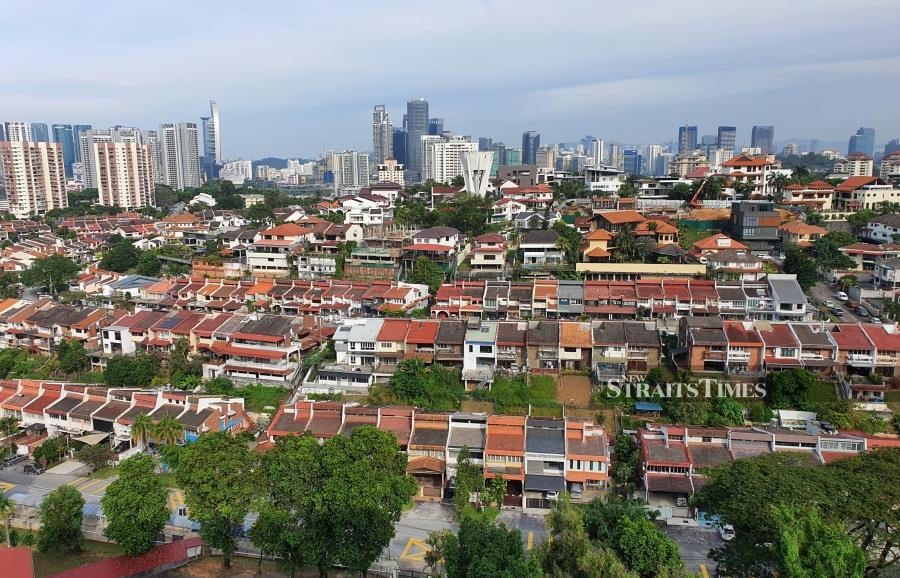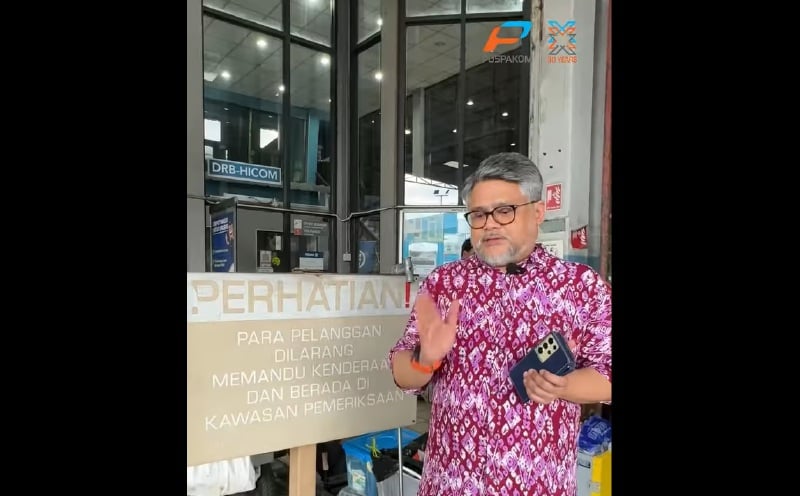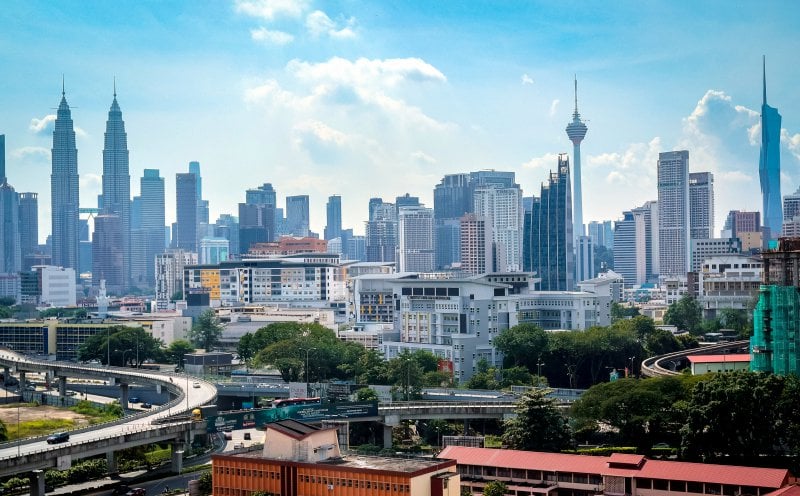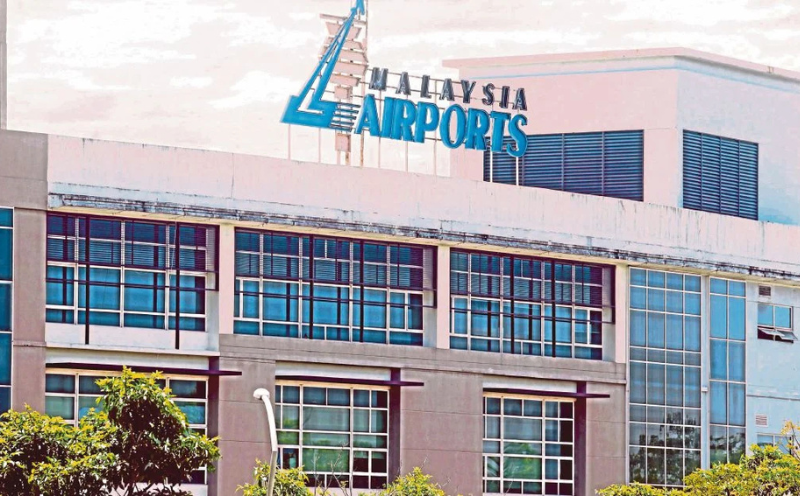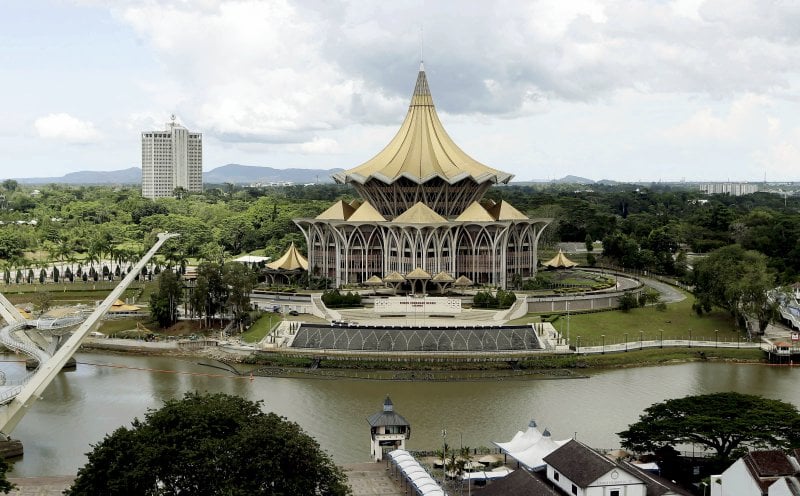The overall property market may not entirely recovered, but the residential and industrial property sub-sectors have shown signals of good growth, according to Rahim & Co International Sdn Bhd's Property Market Review 2022/2023 research.
Other sub-sectors are expected to follow suit, albeit at a slower rate, said Tan Sri Abdul Rahim Abdul Rahman, the company's executive chairman.
He said that, despite the myriad economic and geopolitical difficulties that continue, as well as rising inflation and interest rate hikes that have prolonged purchasers' 'wait-and-see' attitude, transaction activities in 2022 have demonstrated that the market is robust.
"It is showing a significant rebound in overall market activities. This does not mean that the market has fully recovered, but more of a sign that it is resuming the rebound trend that was interrupted by the pandemic and other adverse domestic political and economic factors on our shores," he said at the launch of the report here today.
Rahim also said that the firm is cautiously optimistic about the property market prospects for this year, believing that with strategic development roadmaps and the potential catalytic impact of major infrastructure developments, the local property sector will be stable and realign to the path of gradual recovery.
This is despite the cautious mood in the face of impending economic headwinds, he noted.
Based on the current market situation and prospects, Rahim & Co believes that the local property market would level off before peaking in 2024/2025.
Also present at the launch was the company's director of valuation Chee Kok Thim, chief executive officer of estate agency Siva Shanker, director of the Petaling Jaya office Choy Yue Kwong, and director of research Sulaiman Akhmady Mohd Saheh.
The annual publication entitled 'Rahim & Co Research: Property Market Review 2022/2023' analyses the property market for every state in the country.
According to the analysis, the local property market had increased transaction activity in 2022 when compared to the first half of 2021, and even more intriguingly, when compared to the first half of 2019. In the first half of 2022, the overall volume of property transactions increased by 34.5 per cent year on year, while the total value of these transactions increased by 36.1 per cent.
Sulaiman predicted that the residential sector would continue to have good increase in transaction performance in 2022.
The volume of property transactions climbed by 45.8 per cent in the first nine months of 2022, while the total value of transactions increased by 33.7 per cent at the conclusion of the third quarter.
Transaction performance in the residential sector has been positive. Primary market sales accounted for 18.5 per cent of total transactions, with the remainder being secondary sales due to developers' cautious attitude toward new project launches.
Rahim & Co expects the residential sector to perform better in the coming months, with gradual growth anticipated, thanks to the Malaysian Home Ownership Initiative (i-MILIKI), which provides stamp duty exemptions for eligible first-time homebuyers as well as real property gains tax exemption for individual owners.
Sulaiman said that home affordability, together with the overhang and the buy-or-rent dilemma, remained at the forefront of difficulties.
According to the report, Malaysia registered a total of 55,482 overhang residential units (including residential, serviced flats, and small office home office units) worth RM41.57 billion. Johor has the most overhang properties, followed by Klang Valley.
For the commercial sector, the office market remains saturated due to strong supply versus stagnating rental demand. Among the challenges is meeting the demands and tastes of today's consumers and occupiers, whose lifestyle has altered with the digital and e-commerce trend driven by the pandemic.
Overall transaction performance in the industrial sector remained good.
According to the research, the possibility is promising because the country received a total net foreign direct investment inflow of RM54 billion in the first nine months of 2022, compared to RM29.7 billion in the same time in 2021. (within the same period).
The logistics sub-sector has remained in the focus as fresh supply has entered the market to fulfil the present and future logistic operators' needs.
The hotel industry, which was the hardest damaged during the epidemic, is expected to take longer to recover to pre-pandemic levels. Nonetheless, the sector has begun to recover, albeit slowly due to a labour shortage, according to the research.
In addition, he said that the increase in the continuous overnight policy rate (OPR) has resulted in fewer housing loan applications.
"Previously, it is quite healthy in terms of loan applications but it has tapered down a little bit because of the rising OPR," he said.


